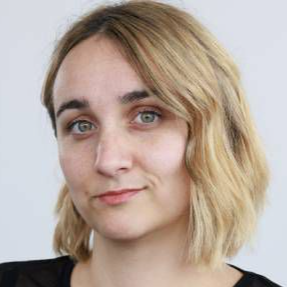The bottles would be refilled with filtered water.
"Basically the next time you come in there's a service there to wash your water bottle, because we know that we don't generally clean our water bottles enough."
The students believe having a free service providing cleaning for the cups and bottles would encourage people to use them for longer instead of using and disposing of other vessels.
The system, called Refresh, also comes with an app that would provide a tally for users of how many bottles or cups they had prevented from going into a landfill, how much money they had saved, and would allow them to pre-order their coffee.
"It's really about creating a relationship with the consumer, making them aware of the impact they can have on the environment," Gardiner said.
"With 3.1 million New Zealanders holding a driver's licence and buying petrol at least once a week, we chose to design Refresh to operate in New Zealand petrol stations."
His own research involving a survey of 560 respondents showed 43 per cent owned a reusable water bottle but still bought single-use bottles, "illustrating that the current water bottle doesn't offer enough convenience for the modern consumer".
He said many people would have a reusable coffee cup but no convenient way of washing it, so wouldn't bring it with them because it was usually still dirty.
Figures from Nielsen Researched showed that in 2012, Kiwis spent $60.4 million on bottled water at supermarkets and petrol stations.
Gardiner said they were targeting Generation Y, who were "incredibly impatient", and wanted to give users a fast and easy way to keep using their cups.
When the vessels had done their dash, users could dispose of them in specially designed recycle bins, which would use swipe-card technology to prevent other items being thrown in too.
Gardiner and Anderson have already been dealing with a representative from Z Energy.
If the idea took off, Gardiner expected it to have a "significant" impact on waste.
Their design is part of the end-of-year Exposure exhibition for Massey University's College of Creative Arts, which opens tomorrow. Other exhibits include a hand-held scanner for measuring the quality of kiwifruit, and a proposed new typeface that would provide visual clues to English speakers about the correct way to pronounce te reo Māori.
